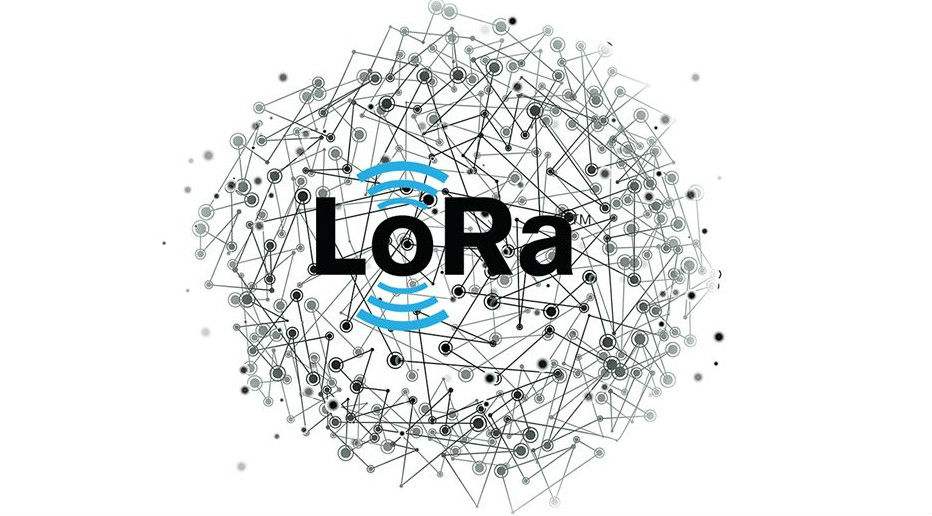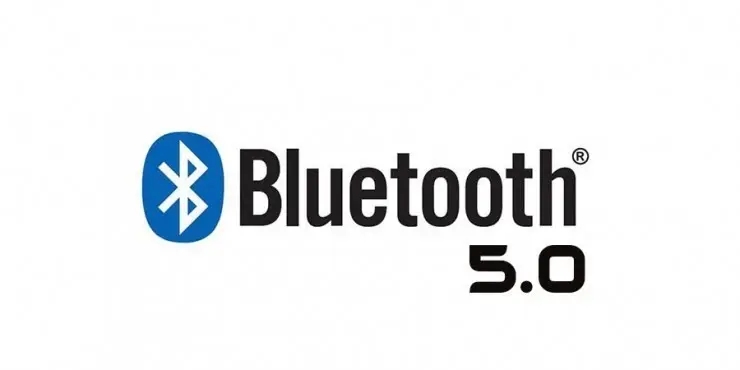

— Blogs —
—Products—
 Consumer hotline +8618073152920
Consumer hotline +8618073152920 WhatsApp:+8615367865107
Address:Room 102, District D, Houhu Industrial Park, Yuelu District, Changsha City, Hunan Province, China
Product knowledge
Time:2022-03-14 21:15:33 Popularity:976
Do you understand the relationship between lora and bluetooth?
In the context of low-power wide-area network technologies such as NB-IoT/eMTC/LoRa, a "complementary effect" is formed in scenarios dominated by short-range technologies such as WiFi, Bluetooth, and Zigbee. What is the relationship between lora and bluetooth?

LoRa
The full name is "Long Rang", which is a mature communication technology of LPWAN. It is a low-power ultra-long-distance wireless communication technology based on spread spectrum technology of an American company. Spread spectrum technology, strong anti-interference ability, greatly improves the receiving sensitivity, and lays the foundation for the long-distance and low-power performance of LoRa technology to a certain extent. In general, LoRa is to solve the needs of M2M (thing-to-thing) wireless communication in the Internet of Things, mainly operating in free frequency bands around the world, including low-power wide-area access in unlicensed frequency bands such as 433, 470, 868, and 915MHZ. web technology.
Modulation
The chirp-based spread spectrum technology is used, which combines digital signal processing and forward error correction coding technology, and then the digital signal modulates the Chirp signal to expand the original signal frequency band to the entire linear spectrum range of the Chirp signal, so that Greatly increases the communication range.
Protocol
The network layer protocol based on LoRa technology is mainly LoRaWAN, which defines the network communication protocol and system architecture. The communication system network of LoRaWAN is a star network structure, which is mainly divided into the following three types. The first type: point-to-point communication, initiated from point A, Point B receives; the second type: star network polling, point-to-multipoint mode, one central point and N nodes, starting from the node, the central point receives and then confirms that the reception is completed, and the next node continues to upload until N The node is completed, one cycle; the third type: star network concurrency, which is also point-to-multipoint communication, the difference is that multiple nodes can communicate with the central point at the same time, which saves the power consumption of nodes and avoids individual nodes. The failure of the network caused the paralysis of the network, and the stability of the network was improved.
The relationship between LoRa and Bluetooth

Bluetooth 5.0
Bluetooth is a short-range broadband radio technology and a global open standard for wireless transmission of voice and data. It uses advanced technologies such as Spectrum Hopping (FHSS), Time Division Multiple Access (TDMA) and Code Division Multiple Access (CDMA). Information transmission between various communication and information systems is established within the system. Bluetooth 5.0 is a Bluetooth technology standard proposed by the Bluetooth SIG in 2016. Bluetooth 5.0 has correspondingly improved and optimized the speed of low-power devices. Bluetooth 5.0 combines wifi to assist in positioning indoor locations, improving transmission speed and increasing effective working distance.
key technology
1. System composition of Bluetooth
The wireless radio frequency unit is responsible for the reception and transmission of data and voice. It has the characteristics of short distance and low power consumption, and the Bluetooth antenna is small in size and light in weight. The baseband or link control unit performs the mutual conversion of radio frequency signal, digital and voice, and realizes the baseband protocol and other bottom layer connection procedures. The link management unit is responsible for managing the communication between Bluetooth devices, and implementing operations such as link establishment, verification, and link configuration. The Bluetooth software protocol specification includes a transmission protocol, an intermediary protocol, and an application protocol.
2. Bluetooth Core Protocol
The core protocol consists of four parts: baseband, link management, logical link and adaptation protocol and service search protocol. It is divided into two or more Bluetooth units to establish a physical RF connection.
The baseband protocol is to ensure the physical radio frequency connection between various Bluetooth devices to form a piconet. This protocol can provide two physical connection methods for urgent data packets, synchronous connection-oriented (SCO) and asynchronous connectionless (ACL), SCO can transmit Speech packets can also transmit data packets, and ACLs can only transmit data packets. The link management protocol manages the operation of the master-slave network in the baseband layer, and is responsible for link setting and control between two or more devices, including transmission authentication and encryption, and managing the link key.
The logical link and adaptation protocol, the adaptation layer between the upper layer and the lower layer, directly serves the upper layer, and is mainly responsible for the segmentation and reassembly, multiplexing and negotiating channel parameters during the transmission of data information between two Bluetooth devices. The service discovery protocol is a very important part of the Bluetooth technology framework. It makes the cornerstone of all user modes also use SDP, which can query device information and service types, and then the connection between Bluetooth devices can be established.
Related recommendations
Sensors & Weather Stations Catalog
Agriculture Sensors and Weather Stations Catalog-NiuBoL.pdf
Weather Stations Catalog-NiuBoL.pdf
Related products
 Combined air temperature and relative humidity sensor
Combined air temperature and relative humidity sensor Soil Moisture Temperature sensor for irrigation
Soil Moisture Temperature sensor for irrigation Soil pH sensor RS485 soil Testing instrument soil ph meter for agriculture
Soil pH sensor RS485 soil Testing instrument soil ph meter for agriculture Wind Speed sensor Output Modbus/RS485/Analog/0-5V/4-20mA
Wind Speed sensor Output Modbus/RS485/Analog/0-5V/4-20mA Tipping bucket rain gauge for weather monitoring auto rainfall sensor RS485/Outdoor/stainless steel
Tipping bucket rain gauge for weather monitoring auto rainfall sensor RS485/Outdoor/stainless steel Pyranometer Solar Radiation Sensor 4-20mA/RS485
Pyranometer Solar Radiation Sensor 4-20mA/RS485
Screenshot, WhatsApp to identify the QR code
WhatsApp number:+8615367865107
(Click on WhatsApp to copy and add friends)